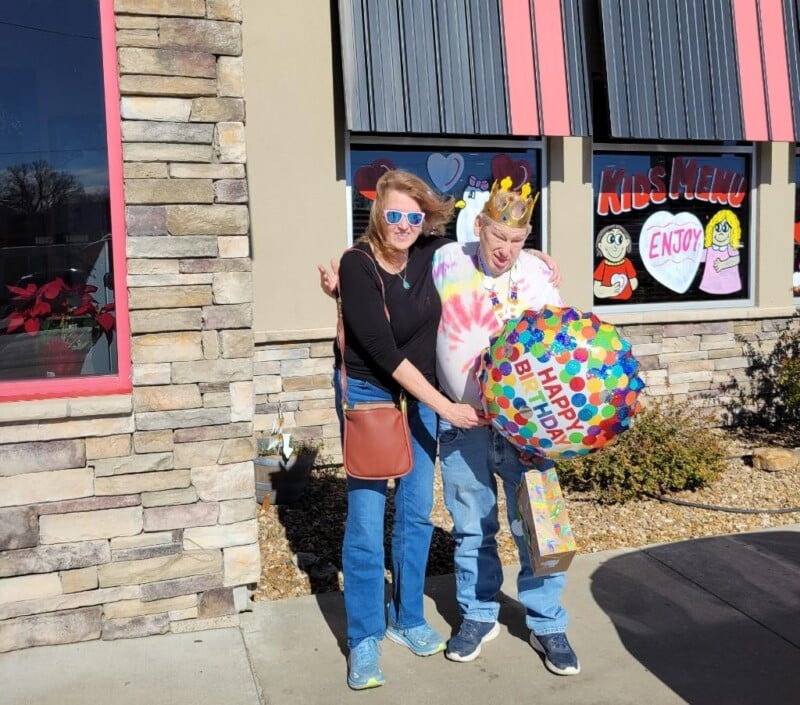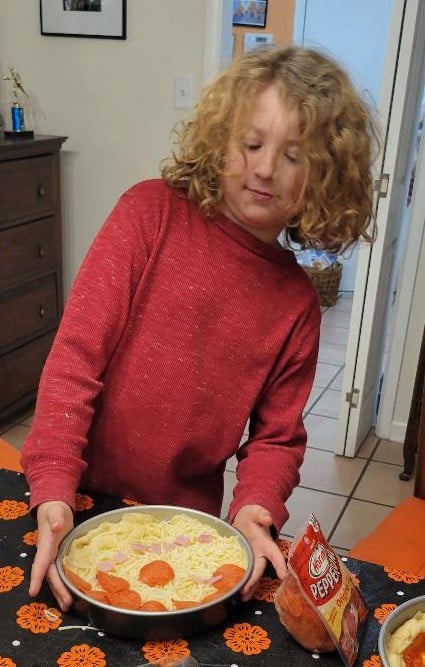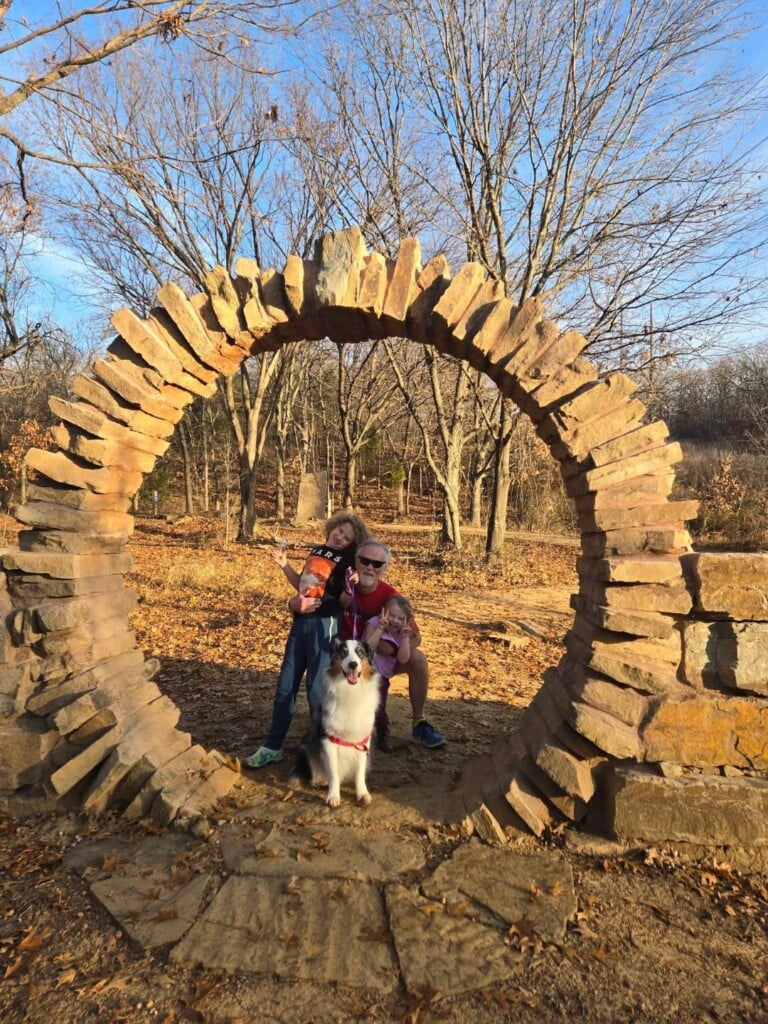Helping Children Ignite Their Passion: What My Parents Did Right
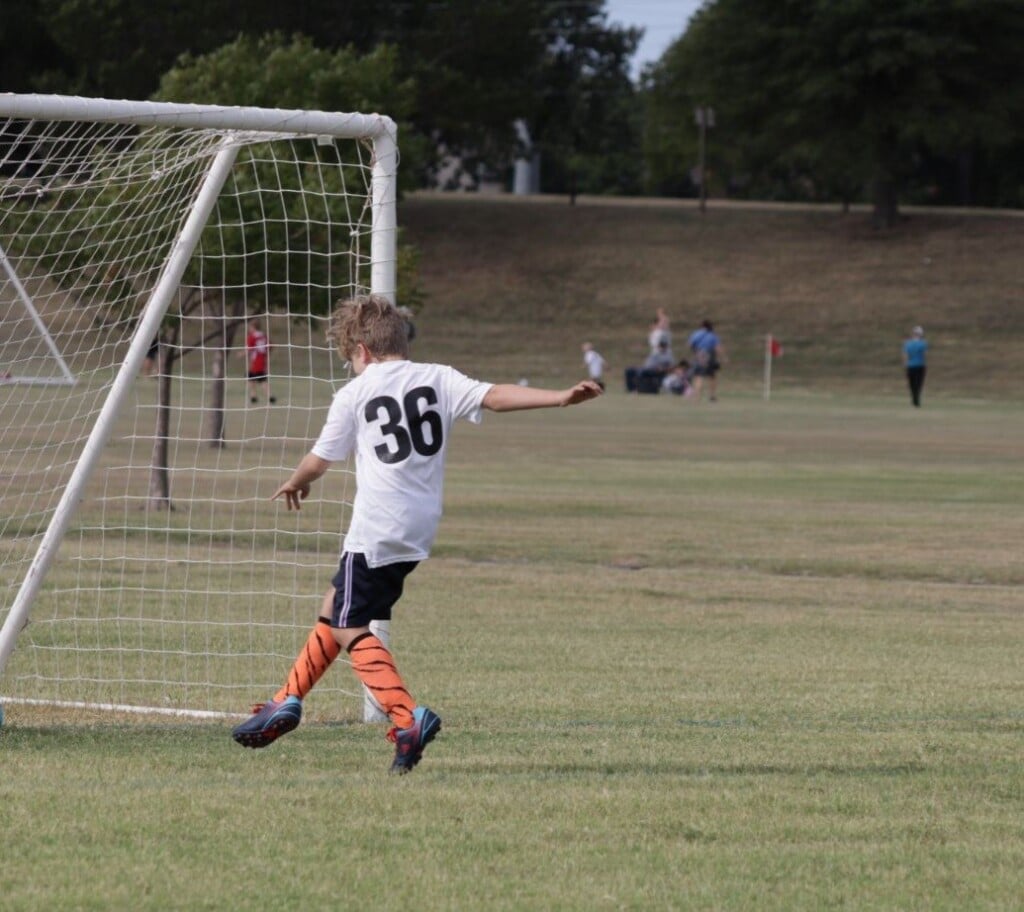
Parenting is difficult, and most parents admit to making some mistakes. The others must be delusional. We talk to our therapists, friends, significant others, and anyone else willing to listen about how our parents messed us up. More often than not, it’s the moms who get the lion’s share of the blame. Although my parents weren’t perfect, there were many things they got right. The one I’m currently focusing on is their skill in helping me find my passions as a child.
My parents weren’t poor, but with four children and one income, there wasn’t a lot of extra money. Despite that, they always made sure we could take any lessons we chose to take. I took ballet for three or four years, and I have the embarrassing home movies to prove that dance was not my calling. I also took baton twirling and piano. I hated the piano with a passion. When my mom saw that there were openings on the local AAU swim team and asked if I wanted to try it, I quickly said yes. I viewed competitive swimming as my venue for escape from the dreaded piano lessons.
I joined the swim team and was humiliatingly terrible despite spending all of my summers playing in the Elks Club pool for hours every day. Competitive swimming was not just splashing around, doing cannonballs, and dunking my annoying brother. It was hard work. I had a history of quitting when things got difficult, so when I said I wanted to quit the swim team after six months, my wise mother encouraged me to stick it out for a year before making a decision. Fearful of having to return to piano lessons, I agreed. By the end of the year, I was hooked. I went on to swim in high school, college, and at the age of 67, I completed a 10.3-mile swim (an ultramarathon) last weekend. Because of my parents, I developed a lifelong passion for swimming.
After my long swim last weekend, I began thinking about the importance of a parent’s influence. I questioned whether it’s the parents’ responsibility to help ignite a child’s passion for a sport, hobby, or activity. I don’t know the answer, but I do think a parent plays a strong role in guiding a child towards finding the right activities. Here are five ways parents can help their child find an activity that ignites their passion.
1. Opportunities
Providing exposure to various activities helps a child discover what interests them. How do you know you don’t love tennis if you’ve never taken a lesson? If the budget allows, take your kids to the opera, ballet, sporting events, and plays. Allow them to take lessons in whatever interests them. They probably won’t find their passion on the first try. It may take numerous attempts, and it may ultimately result in something entirely unexpected.
Another lifelong passion of mine is reading. My mother wasn’t a reader and, in fact, at one time admitted that she thought reading was a waste of time. Yet she knew I loved to read, so she took me to the library frequently and made sure there was enough money in the budget to allow me to buy Scholastic books from school. I’ll never understand her dislike of books, but I’m glad she made sure I had the opportunity to have access to as many books as I wanted. She knew I had my own interests that were sometimes very different than hers.
2. Natural tendencies
No one knows their child better than a parent. What does your child naturally drift towards? If they’re happiest with a sketch pad or a canvas and paints, look into art lessons. Take them to local museums and art galleries. If you have a kid who climbs anything and everything, take them to Climb Tulsa and let them try it out. One of my daughters loved animals, so she took horseback riding lessons and was good at it. After a year of lessons and a few competitions, I discovered that what she loved about riding was petting the cats and dogs at the horse barn. I found a volunteer opportunity for her at an animal rescue group, and rescuing animals became her lifelong passion, ultimately leading to her career as a veterinarian. (Yes, I’m still patting myself on the back for that one.)
3. Be realistic
Kids are fickle. They may love soccer this season and be done with it by next season. That’s OK. Decide what your rule is ahead of time. My grandson played one season of soccer when he was seven. He loved sitting on the bench, talking to friends, and hanging around for the post-game snack, but he didn’t love playing. His parents told him he made a commitment to the team and had to finish the season but didn’t have to sign up for the next season. That seems fair. Kids are likely to try many things before they find one that sticks. (See #1) My mom was a former professional singer, and her mother played the piano by ear, so I know my mother had high hopes for my piano career. Fortunately, she realized it wasn’t realistic after she heard my painful attempts.
4. Check your ego
If your child chooses a sport, don’t be one of “those” parents who push and push and make it miserable for everyone. The chances of your child playing in college are small, and the chances of them becoming a professional athlete are even smaller. This doesn’t mean it’s impossible, but it is unlikely. Many adults want their kids to achieve what they couldn’t or didn’t, and let their self-worth become inextricably linked with their child’s performance. That’s probably a disaster waiting to happen. Make sure it’s the child’s dream, not yours.
As a grandparent, I’m not immune to wanting to live vicariously through my grandkids. My grandson is way off the charts for height and is a good swimmer. I secretly dream of him becoming a competitive swimmer, but he has no interest in competition at all. He seems to be more interested in video games at this stage. I can encourage him to try various activities, but ultimately, it is his life and his decision.
5. Be Supportive
Our role as parents is to guide and encourage. A significant percentage of support is simply showing up. Be there for their games, recitals, art shows, or plays. Offer comfort when they fail, and cheer for them when they accomplish a goal. When I recall the many hot, weekend-long swim meets my parents sat through, I am grateful. My dad was a timer at the meets and kept records of all my times. I don’t think he missed a meet until I went to college. I was never a superstar, but he was always supportive and encouraging. His involvement formed a trust and a deep bond between us.
A parent plays a significant role in helping a child discover their passions. This past weekend’s swim event had me wishing my parents were still alive so I could thank them for guiding and encouraging me to discover my lifelong passions. Yes, parents make mistakes, but most do many things right. I still am addicted to swimming and reading, and for that, I have my parents to thank.

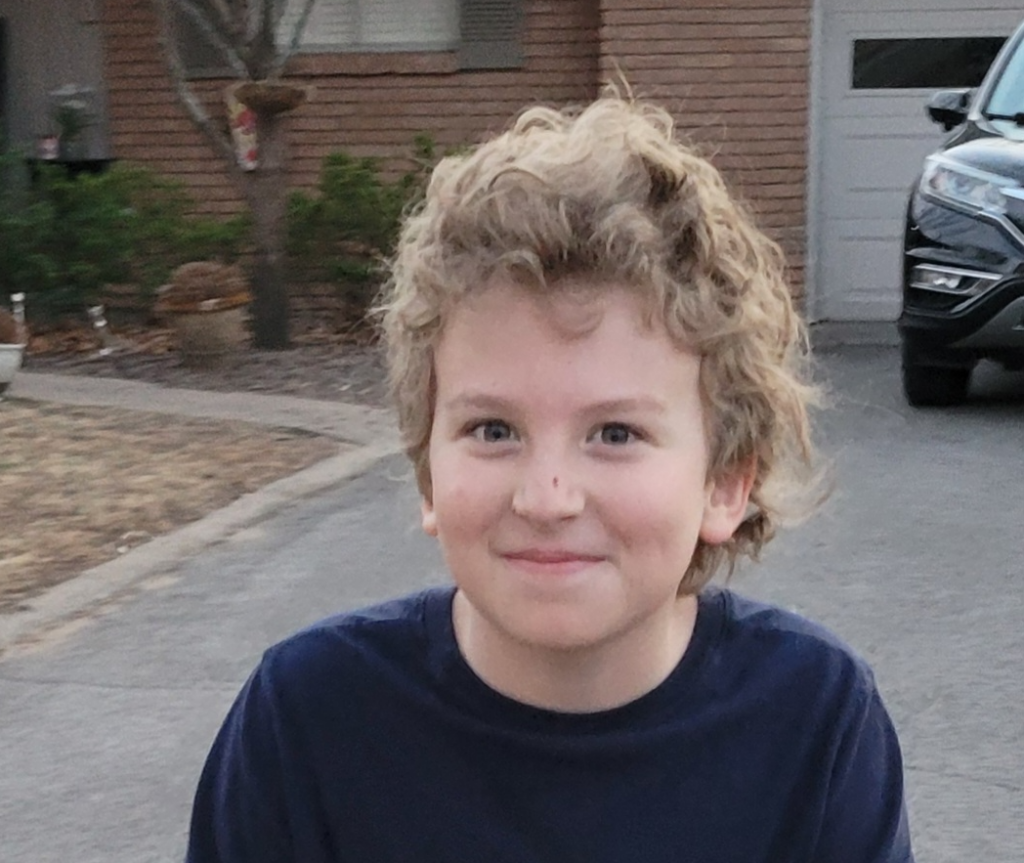

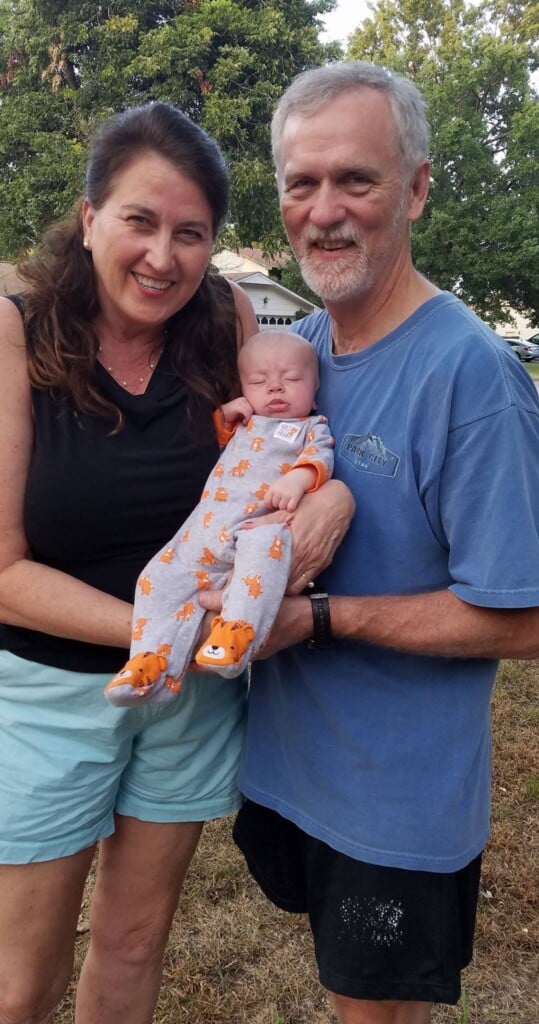
 Welcome to Grand Life, the TulsaKids blog that explores the wonderful adventures of grandparenting! Join me and my grandchildren as we explore interesting activities and visit family friendly sites in Tulsa. This blog shares the joys and challenges of grandparenting as well as the various roles grandparents play in their grandchildren’s lives.
Welcome to Grand Life, the TulsaKids blog that explores the wonderful adventures of grandparenting! Join me and my grandchildren as we explore interesting activities and visit family friendly sites in Tulsa. This blog shares the joys and challenges of grandparenting as well as the various roles grandparents play in their grandchildren’s lives.


